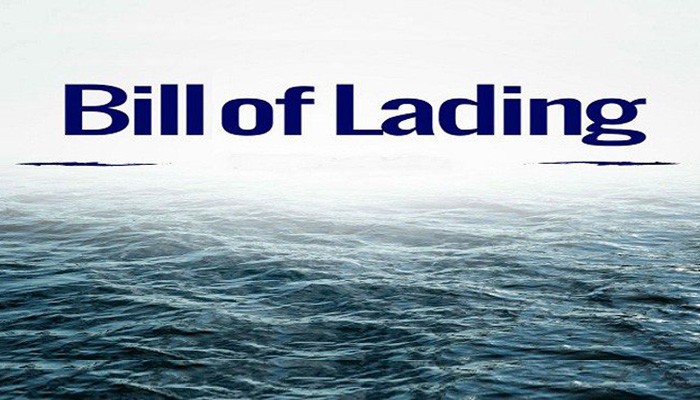
1000+
customers

50+ countries
across the world

Outsourcing leader
since 2008

Technology-driven
services

Stringent
quality processes
Why Bill of Lading is the Most Important Part of Logistics & Shipping?
Last updated: 15 Sep, 2023 By Harinder Pal Singh | 6 Minutes Read

The bill of lading is perhaps the most important document in the overall logistics and shipping setup in international trade. Putting it in simple and basic terms, it is a three-way contract between the exporter, the shipper, and the importer. There are a lot of procedures that form the basis of creating Letters of Credit. This is where the importer bank pays a part of the value of the goods to the exporter. It takes place on premises when you purport goods and ship the consignment. All these are in the bill. It also includes the reasons why it is crucial for businesses wishing to expand globally.
Historically, the significance of the Bill of Lading stretches back to the Roman ages. During this period, issuing receipts as proof of cargo aboard the ship. With the exponential growth of trade and commerce, there arose a need for a negotiating document ideal for trading goods. This slowly evolved into the modern version of the Bill of Lading along with other papers like bill of Exchange and insurance policies.
With the rise of Bill of Lading in the international commerce scenario, it has become crucial to avail professional services. It will ensure that the drawing of this document is perfect since it involves a lot of technicalities. An error at any point can lead to crushing losses for both the exporter and importer should any litigation arise for the consignment.
But before going into these services in detail knowing the features of Bill of Lading will help you understand why it is the most important part of logistics and shipping.
Features of Bill of Lading :
-
As a receipt when you ship goods – Note every conceivable detail of the shipment here – quantity, weight, the number of crates, packages, or pieces, and the noticeable condition of the goods once you load it.
-
As confirmation of carriage and proof of contract – It is proof of a valid contract and agreement to deliver goods by sea. But do not link it in any manner to any contract between the seller and the buyer. Confirmation of the ship’s master with signature on the corroborating receipt of goods makes the document official.
-
As the document of title – A Bill of Lading is a document of title that is transferable by endorsement even when the consignment is in transit. This enables the receiver to take possession as soon as the ship docks.
Drawing up and processing Bill of Lading involves a lot of legalities that are often beyond the comprehension of top-notch businessmen. However, proficient Bill of Lading services offer guaranteed and effective solutions that make this process so much easier for you.
How does this process evolve –
-
You upload the scanned copy of the Bill of Lading to the server of the processing agency.
-
Trained and highly qualified personnel well versed in international trade documentation will scrutinize all details before data extraction. This will include such details as the number of packages and description, consignee details, freight bill number, shipping company along with information of date and time of dispatch and COD amount. These will be incorporated in the standardized Bill of Lading page in their system.
-
Careful scrutiny is done by the concerned to ensure that no inaccuracies have crept in.
-
This digitized, checked, audited and approved format is then uploaded back to the client by the Bill of Lading services.
You can be sure that this processed Bill of Lading will be precise in every respect and will fulfill the requirements of all parties concerned as well as being an iron-clad accurate document in all respects.
Latest Blogs

This site is protected by reCAPTCHA. Google's Privacy Policy
and Terms of Service apply.








